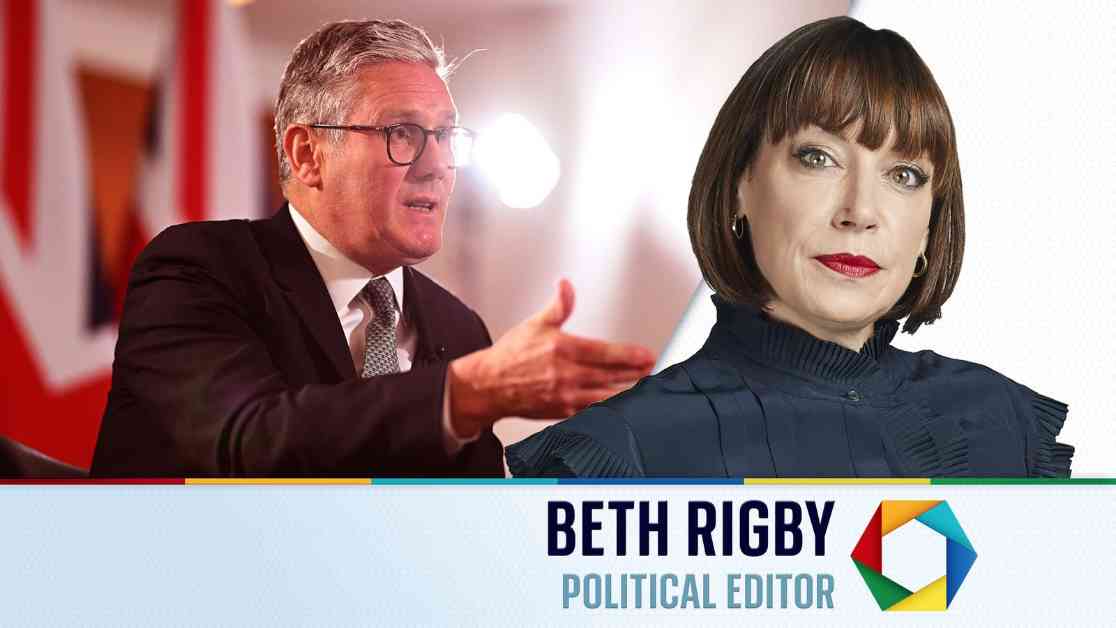The upcoming budget announcement by the new Labour government is highly anticipated as it is expected to address significant financial gaps in public finances. Despite the Prime Minister’s reluctance to admit tax increases, insiders suggest that tax rises and spending cuts are inevitable to address the £40bn deficit.
One of the key questions surrounding the budget is who will be impacted by these tax rises. While Sir Keir Starmer has repeatedly emphasized his focus on “working people,” there is a need for clarity on who falls under this category. The Prime Minister’s distinction between individuals who derive income from assets and work implies that capital gains taxes may see an increase. This aligns with Sir Keir’s belief that the wealthy should contribute more in taxes.
Sir Keir’s vision of working people encompasses individuals who face financial insecurity and rely on secure jobs and accessible public services. This definition raises concerns for various groups, from ‘white van man’ to nurses and basic rate taxpayers who may face higher tax bands due to the freezing of tax thresholds.
The Chancellor’s potential decision to extend tax freezes could generate significant revenue, but it may lead to disappointment among those in Sir Keir’s vision of working people. As the government prepares to make challenging decisions to address financial shortfalls, it is essential to consider the impact on different segments of society.
While the Prime Minister’s inclusive definition of working people served him well during the election, the impending budget announcement will require more specific measures to address financial gaps. The focus now shifts to how the government plans to protect certain groups from tax increases and whether these intentions will be reflected in the budget.
As the public eagerly awaits the budget reveal, the alignment between Sir Keir Starmer’s priorities and potential tax policies underlines the government’s commitment to addressing financial challenges. The budget announcement will shed light on the government’s approach to taxation and spending, providing clarity on how working people will be impacted and protected in the coming fiscal year.













